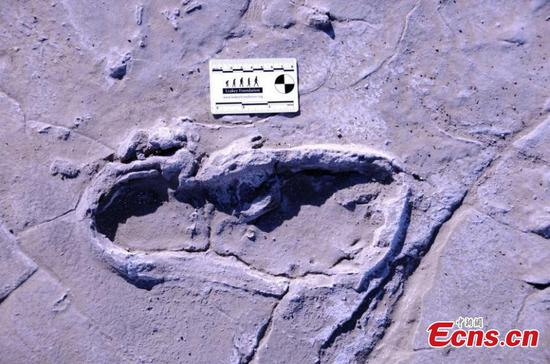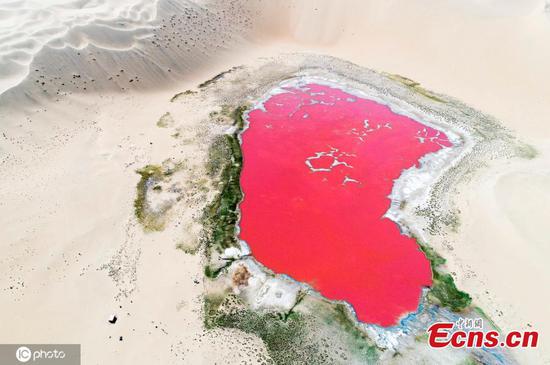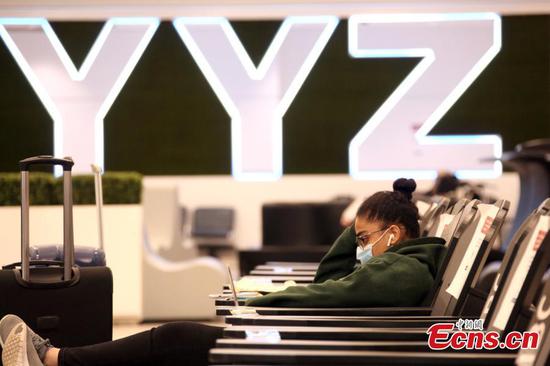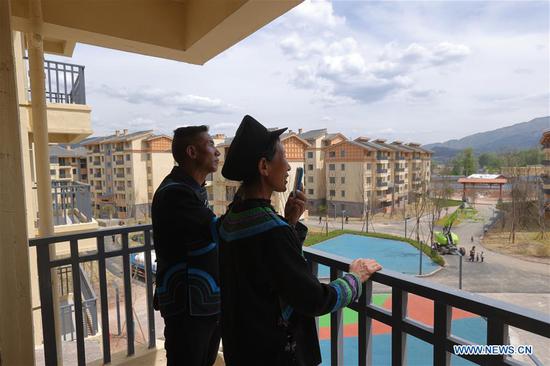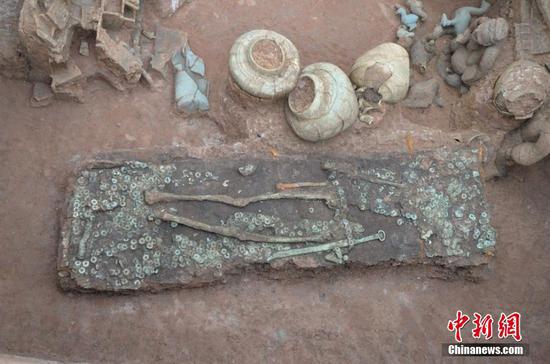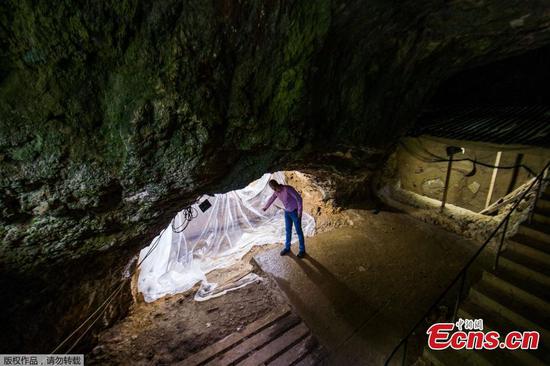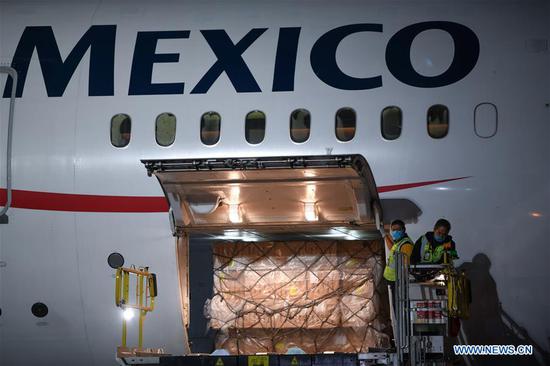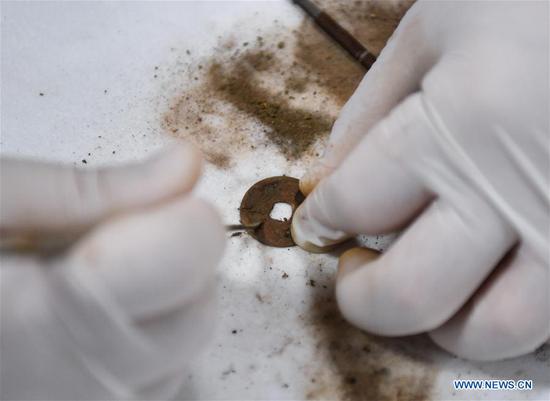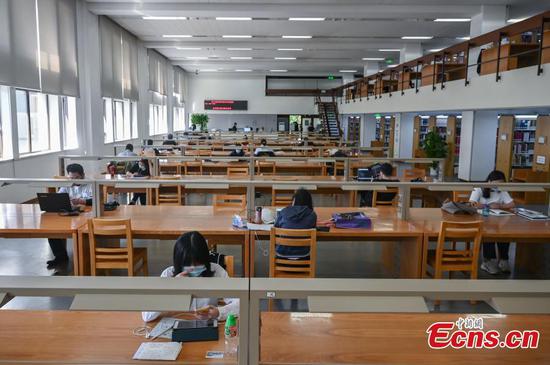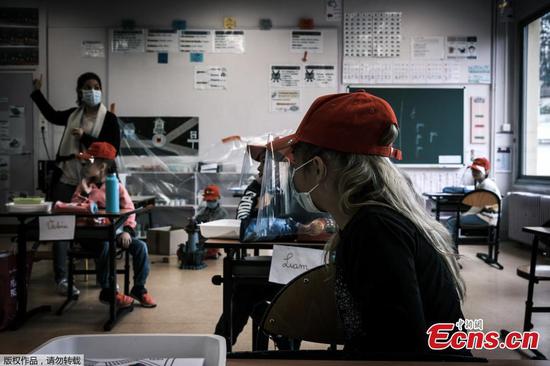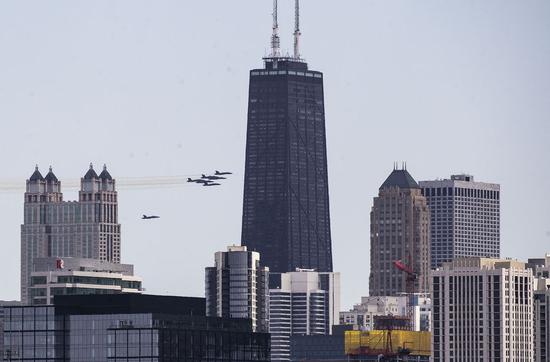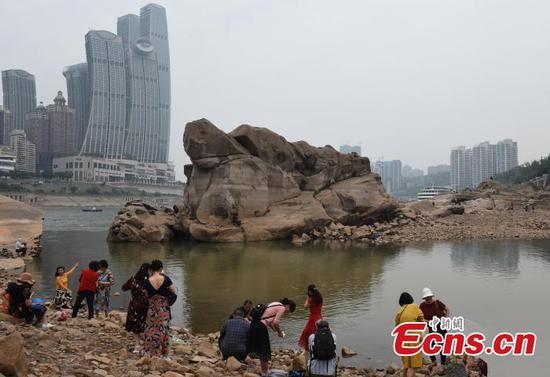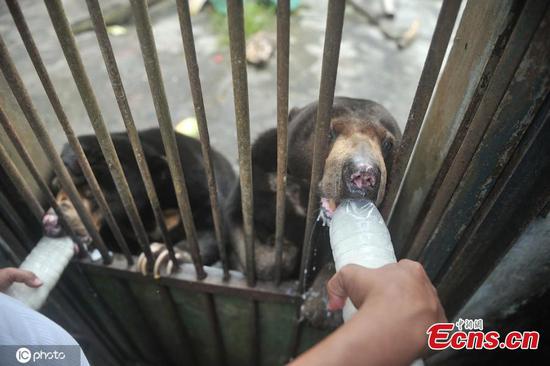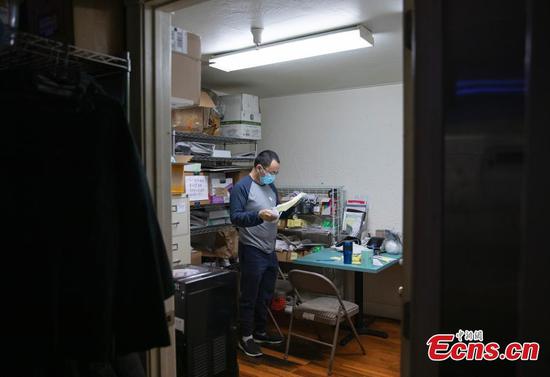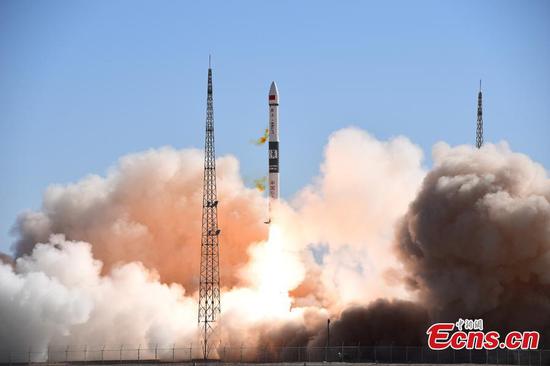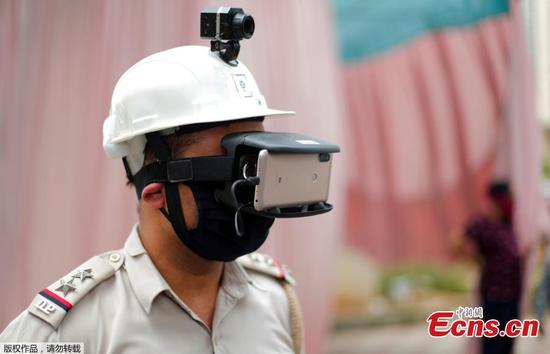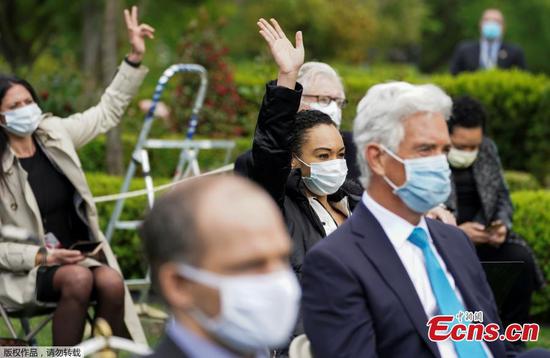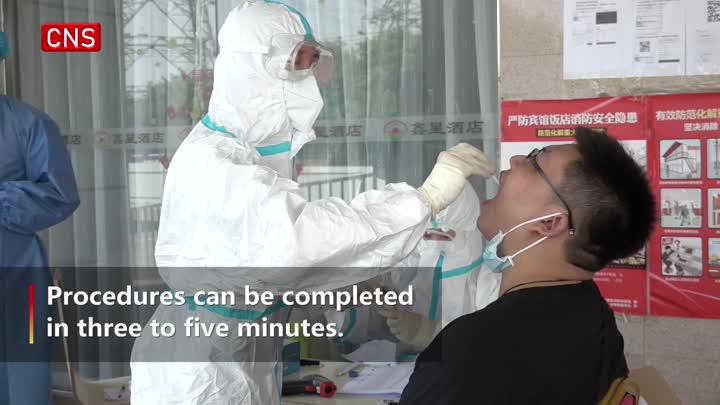U.S. President Donald Trump's decision to fire Steve Linick, inspector general for the Department of State, is coming under bipartisan scrutiny.
In a letter to House Speaker Nancy Pelosi late Friday night, Trump said he is exercising his power to remove Linick, who began his tenure as the State Department's watchdog in 2013, from office, effective 30 days from Friday.
"It is vital that I have the fullest confidence in the appointees serving as Inspector General," Trump said. "That is no longer the case with regard to this Inspector General."
The announcement has sent shockwaves across Congress, triggering strong pushback, especially from Democrats.
Pelosi, in a statement on Friday, said that Trump's decision "has accelerated his dangerous pattern of retaliation against the patriotic public servants charged with conducting oversight on behalf of the American people."
The California Democrat warned that the action will set back the Office of Inspector General's duties to perform "critical audits, investigations and inspections of U.S. embassies and programs around the world" during the coronavirus pandemic.
Eliot Engel, chair of the House Committee on Foreign Affairs, and Senator Bob Menendez, ranking member of the Senate Committee on Foreign Relations, said Saturday that they have launched an investigation into the move, which they said was "politically-motivated."
Citing reports claiming that Secretary of State Mike Pompeo "personally" made the recommendation to fire Linick, Engel and Menendez said in a statement that it is their understanding that the administration's top diplomat did so because the inspector general had opened an investigation into his alleged wrongdoing.
Such an action "may be an illegal act of retaliation," they wrote.
A White House official told NBC News on Saturday that Pompeo recommended the move and Trump agreed. A Democratic congressional aide told U.S. media outlets that Linick was looking into Pompeo's alleged misuse of a political appointee at the State Department to perform personal tasks for himself and his wife.
Pompeo, 56, became the Trump administration's second secretary of state in April 2018 after serving as director of the Central Intelligence Agency.
Over the past weeks, Trump has moved to fire three other watchdogs from the federal government -- Intelligence Community Inspector General Michael Atkinson, acting Pentagon Inspector General Glenn Fine, and Christi Grimm, principal deputy inspector general of the Department of Health and Human Services.
Walter Shaub, who resigned as director of the U.S. Office of Government Ethics six months into Trump's presidency, tweeted Saturday that "Trump has waged war on oversight and accountability from day one, and this purge is a dangerous escalation."
"Downplaying Trump's assault on the primary internal integrity mechanism is a game of trying to look bipartisan or nonpartisan in defiance of the facts," he added.
Senator Chuck Grassley, an Iowa Republican, said in a statement on Saturday that "inspectors general are crucial in correcting government failures."
"Congress requires written reasons justifying an IG (inspector general)'s removal," Grassley stressed. "A general lack of confidence simply is not sufficient detail to satisfy Congress."
"The firings of multiple Inspectors General is unprecedented," tweeted Senator Mitt Romney, a Utah Republican and 2012 Republican presidential nominee. "Doing so without good cause chills the independence essential to their purpose."
The State Department said Friday that its Director of the Office of Foreign Missions Stephen Akard, a former career foreign service officer, would replace Linick.
As inspector general, Linick was responsible for identifying operational risks within the Department of State and the U.S. Agency for Global Media, assessing the sufficiency of internal controls, and conducting administrative and criminal investigations of waste, fraud, mismanagement, and misconduct, according to his online biography.









